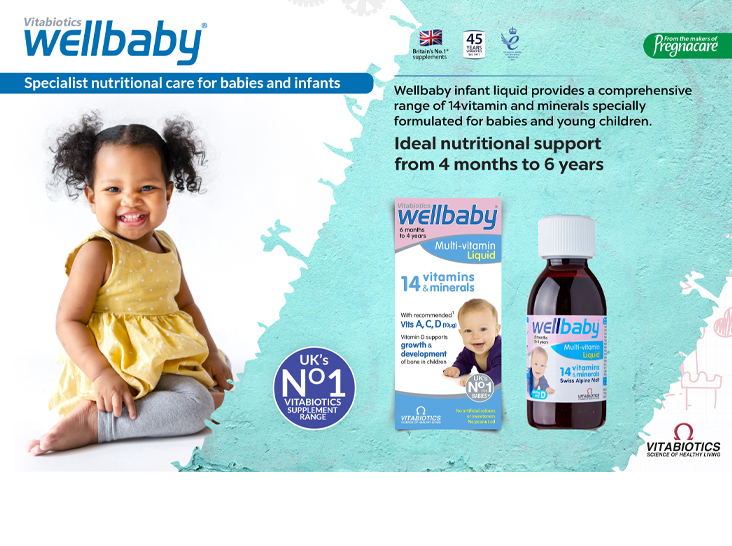What is the Immune system? It is the body’s defense against infections. If the body senses foreign substances, the immune systems recognize the antigens and get rid of them.
Can one maintain a healthy immune system?
It is possible to maintain a healthy immune system. Everyone wants to be fit at all times, and Nobody wants to be sick, especially children. Today in the wake of Covid-19, everyone’s dream is to have a robust immune system that can fight the virus. Every part of the body, the immune systems included, functions better when protected from environmental hazards. One can achieve a healthy immune system by eating the right foods, getting enough nutrients, and maintaining a healthy lifestyle.
Is it possible to boost children’s immune systems?
Unfortunately, there is no sure way to bolster your disease-fighting white blood cells to make you incapable of getting infections. However, you can do things to ensure your immune system is working at its best if a disease infects you. The following are some of the practices that can strengthen children’s immune system
1. Breastfeeding for the newborns
It is medically advisable to breastfeed exclusively for six months. It may have benefits for your child in reducing the risks of infections. Breast milk provides unsurpassed natural nutrition to the newborn and infants. In addition to nutritional provision to the baby, breast milk offers the factors required to develop a baby’s immune system development. The mother passes antibodies and nutrients to the baby through breast milk.
2. Getting all the recommended Vaccinations
It is advisable to follow the doctor’s advice on the recommended immunizations at certain life stages. They start in infancy and continue through to adulthood. The role of the vaccine is to protect the body from diseases.
3. Healthy diet
Children should have a balanced diet that comprises carbohydrates, fruits, proteins, and vegetables. It also demands the proper food timings. There are various vitamins and minerals obtained from the diet that plays a significant role in immunity building. Healthy foods should provide the body with the essential vitamins and nutrients. An example of this Zinc, Obtained from seafood, Chicken. Pork, Red meat, Lentils, whole grain cereals, and mushrooms. Adequate zinc intake is advisable because lack of it can impede growth, increase the risk of infections, and lead to delayed wound healing and increase the risk of respiratory diseases. Vitamin B6 is one of the essential dietary immune boosters, Vitamin A, C, and E. These are some of the potent antioxidants that help fight free radicals. Vitamin D is a critical nutrient to support children’s immune health. Iron plays a vital role in carrying hemoglobin which provides oxygen to the damaged cells in an infection.
4. Getting enough sleep
Children between the ages of 3- 5 should get 10 to 13 hours of sleep, ages 10-13, 9 to 11 hours, while adolescents require 8 to 10 hours. Sleep is vital because it is during this that the body produces proteins known as cytokines that help fight infections and inflammation.
5. Encourage regular hand washing
A more significant percentage of infections are transmitted through touch. It is therefore essential to teach children the proper handwashing procedure. It should be a common practice before eating, after going to the bathroom, coughing or sneezing, and even touching surfaces in public areas. This hygienic practice will help in removing viruses and bacteria that would possibly cause infections.
Not all children get the best of immunity health from practicing all the above. However, if your child is prone to common infections or has compromised immune health, there is a need to supplement what they are missing from their daily diet. It is advisable to talk to your pediatrician to prescribe a supplement that contains the essential vitamins and nutrients for the particular age and sex. Remember there is no size fits for all in matters nutrition.
Sources: www.vitabiotics.com
Idah Muthama, Vitabiotics Sales Manager.

